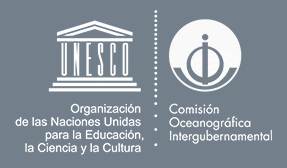Displaying 893 results.
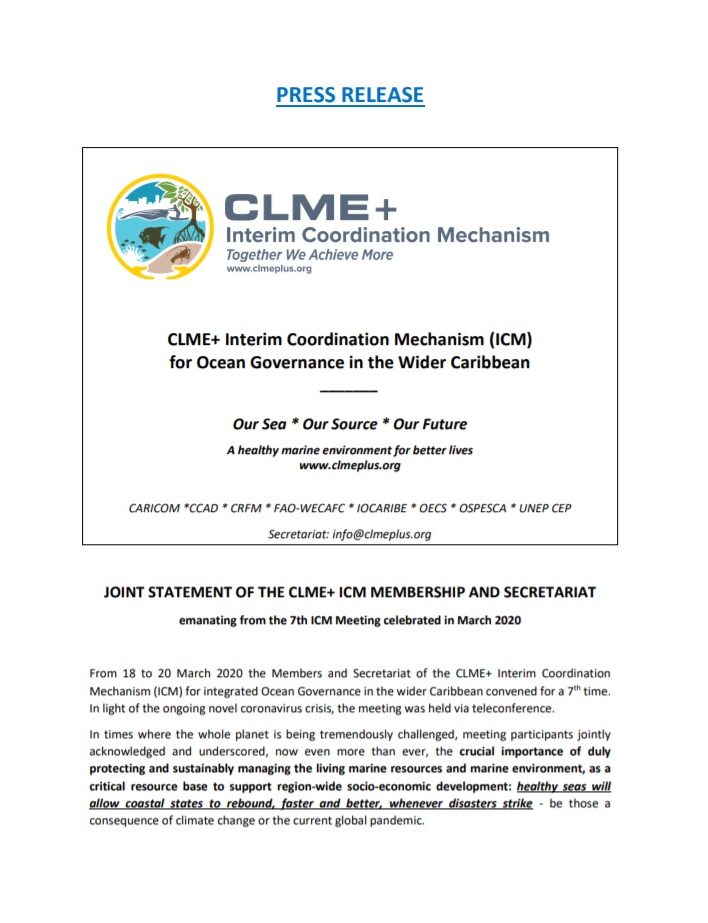
Joint Statement of the CLME+ ICM Membership and Secretariat March 2020
From 18 to 20 March 2020 the Members and Secretariat of the CLME+ Interim Coordination Mechanism (ICM) for integrated Ocean Governance in the wider Caribbean convened for the 7th time. Bringing together 10 Inter-Governmental Organizations with an ocean-related mandate, the meeting discussed, among other matters: a) the creation of a permanent facility to provide long-term support towards oceans-based sustainable development in the wider Caribbean; b) a collaborative Work Plan for 2020; c) the further development of the online “CLME+ Hub” as the common, collaborative Knowledge Management Platform for ocean-positive action in the wider Caribbean.
Author: CLME+ ICM Secretariat
Year: 2020
Keywords:
 6
6


 Report issue
Report issue
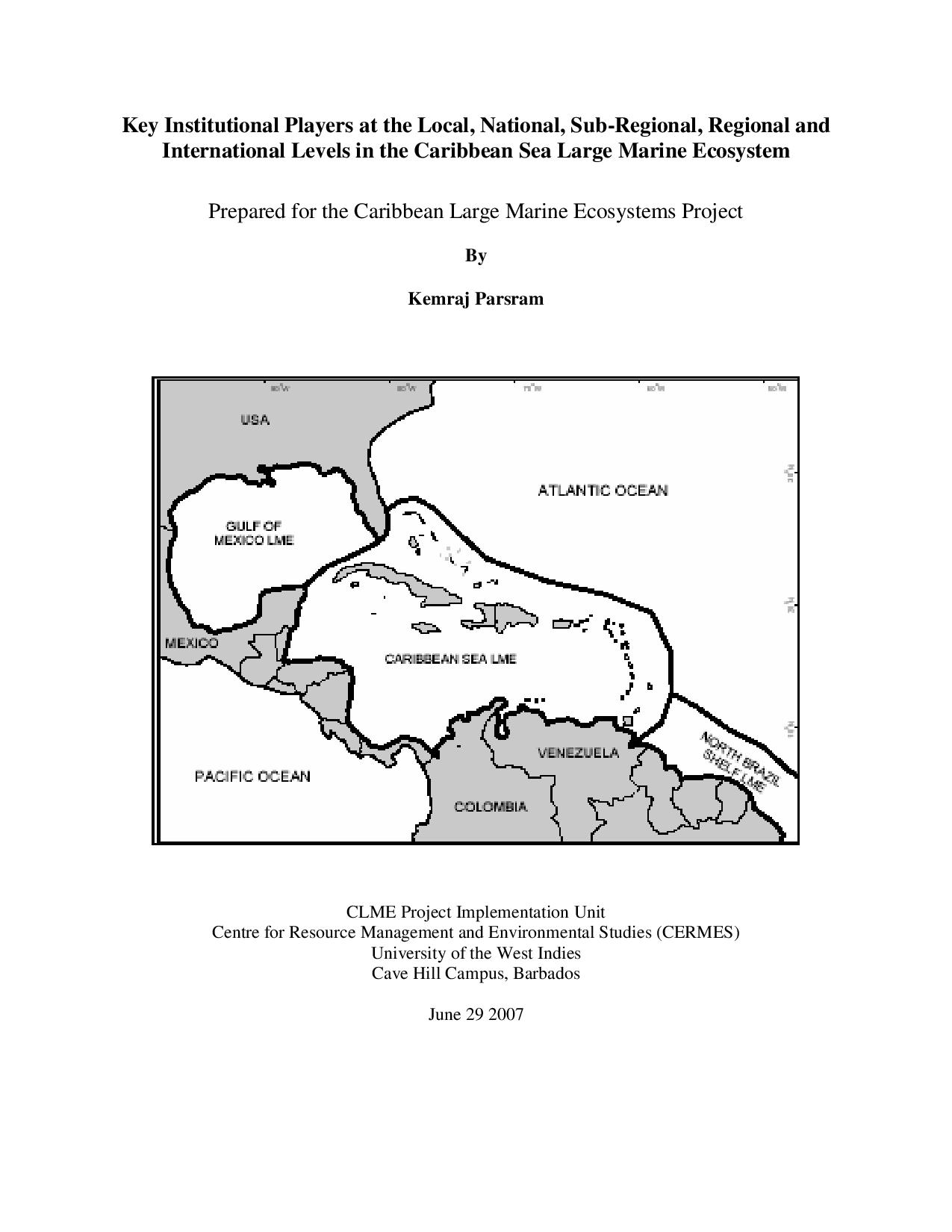
Key Institutional Players at the Local, National, Sub-Regional, Regional and International Levels in the Caribbean Sea Large Marine Ecosystem
This report builds on a previous report “Preliminary Identification of Key Institutional Players at the Local, National, Sub-Regional, Regional and International Levels in the Caribbean Sea Large Marine Ecosystem Project”.1 This current report presents the results of an analysis and selection of the key institutional players identified from the preliminary report named above to determine the key partners for the CLME project and their potential role(s) and a preliminary population of the partnership diagrams for each of the components of the CLME project identifying their current and/or potential positions in the various stages of the generic policy cycle described for the proposed multi-scaled governance framework of the CLME Project (See background document on the Caribbean Large Marine Ecosystem Governance Framework and the structure of the CLME Project, CLME PCU).
Author: Parsram, K.
Year: 2007
Keywords:
 3
3


 Report issue
Report issue
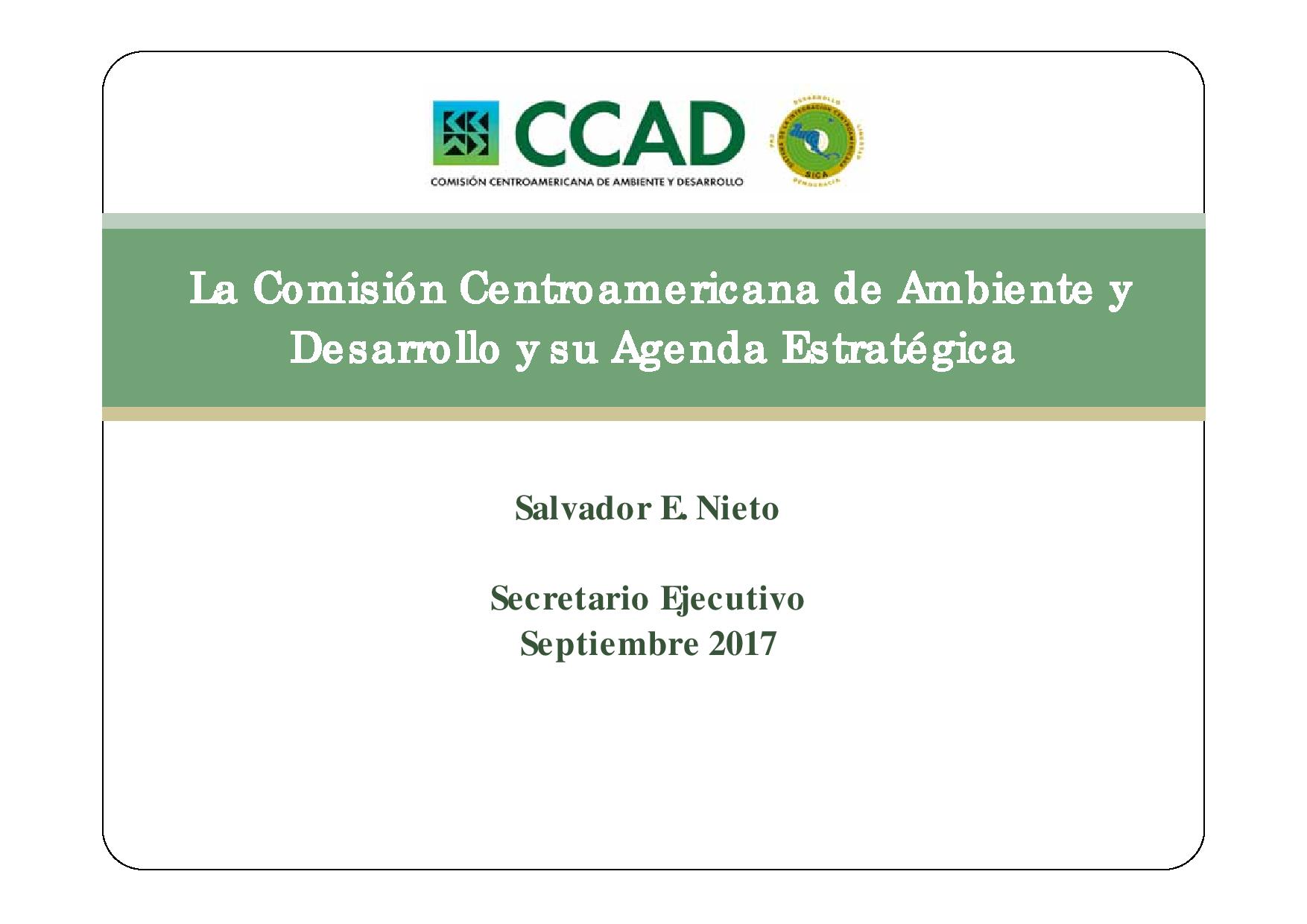
La Comision Centroamericana de Ambiente y Desarrollo y su Agenda Estrategica
La Comisión Centroamericana de Ambiente y Desarrollo (CCAD) fue constituida en 1989 para establecer un régimen regional de cooperación para la utilización óptima y racional de los recursos naturales del área, el control de la contaminación y el restablecimiento del equilibrio ecológico , para garantizar una mejor calidad de vida a la población del istmo centroamericano.
Este documento muestra la estrategia regional Ambiental de dicha comisión para el periodo de 2015 – 2020.
Author: Nieto, S.
Year: 2015
Keywords:
 4
4


 Report issue
Report issue
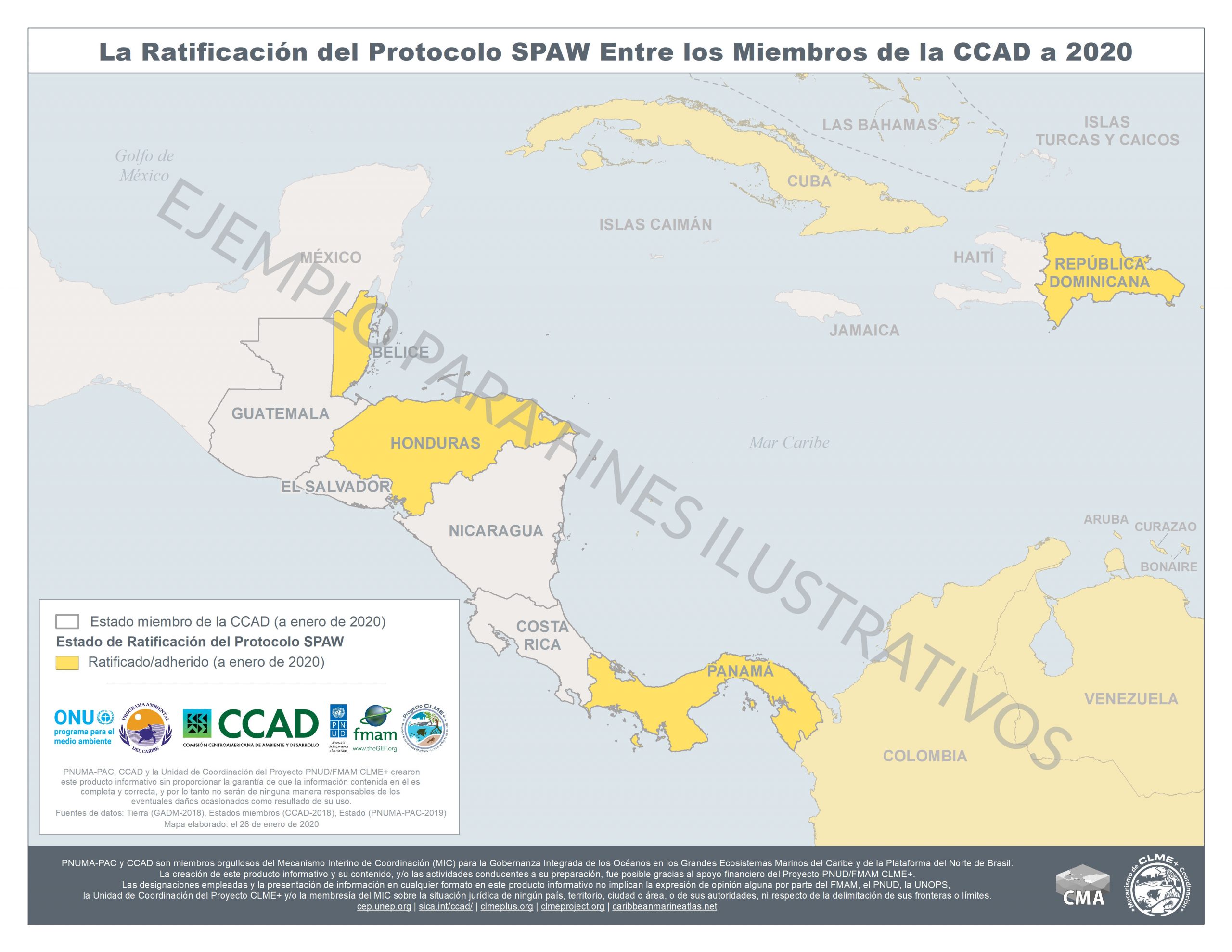
La Ratificación del Protocolo SPAW Entre los Miembros de la CCAD a 2020
Author: CLME+ PCU
Year: 2020
Keywords: La Ratificación del Protocolo SPAW Entre los Miembros de la CCAD a 2020
 4
4


 Report issue
Report issue
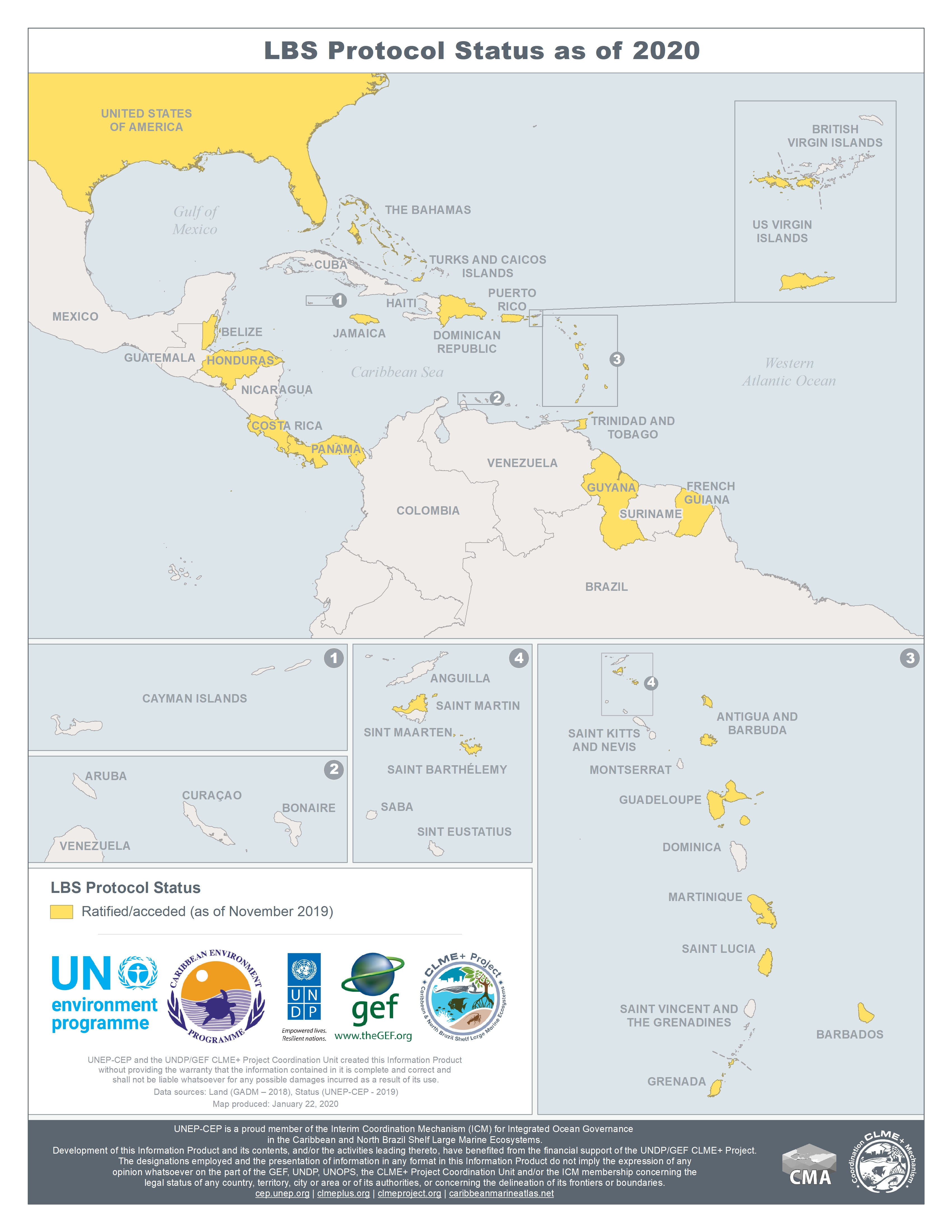
Land-Based Sources of Pollution (LBS) Protocol Status Map
This map illustrates the status of the Land-Based Sources of Pollution Protocol under the Cartagena Convention for the Wider Caribbean as of 2020, showing countries who has ratified it or acceded it.
Author: UNEP CEP
Year: 2020
Keywords:
 10
10


 Report issue
Report issue
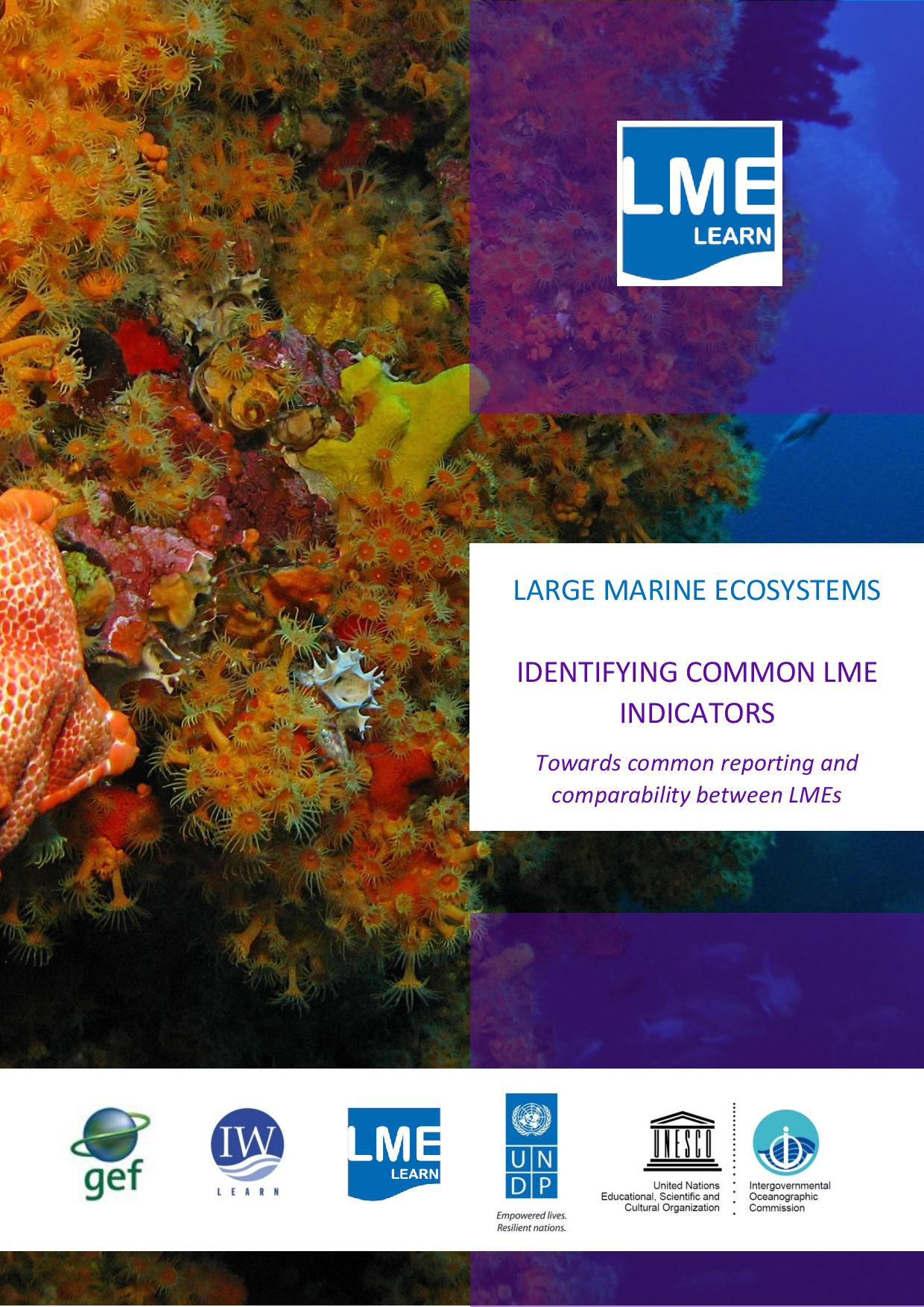
Large Marine Ecosystems – Identifying Coomon LME Indicators
In light of many global indicator initiatives and the adoption of the SDG indicators, as well as the progress achieved by Large Marine Ecosystem (LMEs) projects to define their priorities, targets and indicators as part of the Transboundary Diagnostic Analysis (TDA) and Strategic Action Programme (SAP) process, further consideration should be given to the development of a common set of indicators relevant to the LMEs.
Author: GEF
Year: 2019
Keywords: Large Marine Ecosystems
 4
4


 Report issue
Report issue
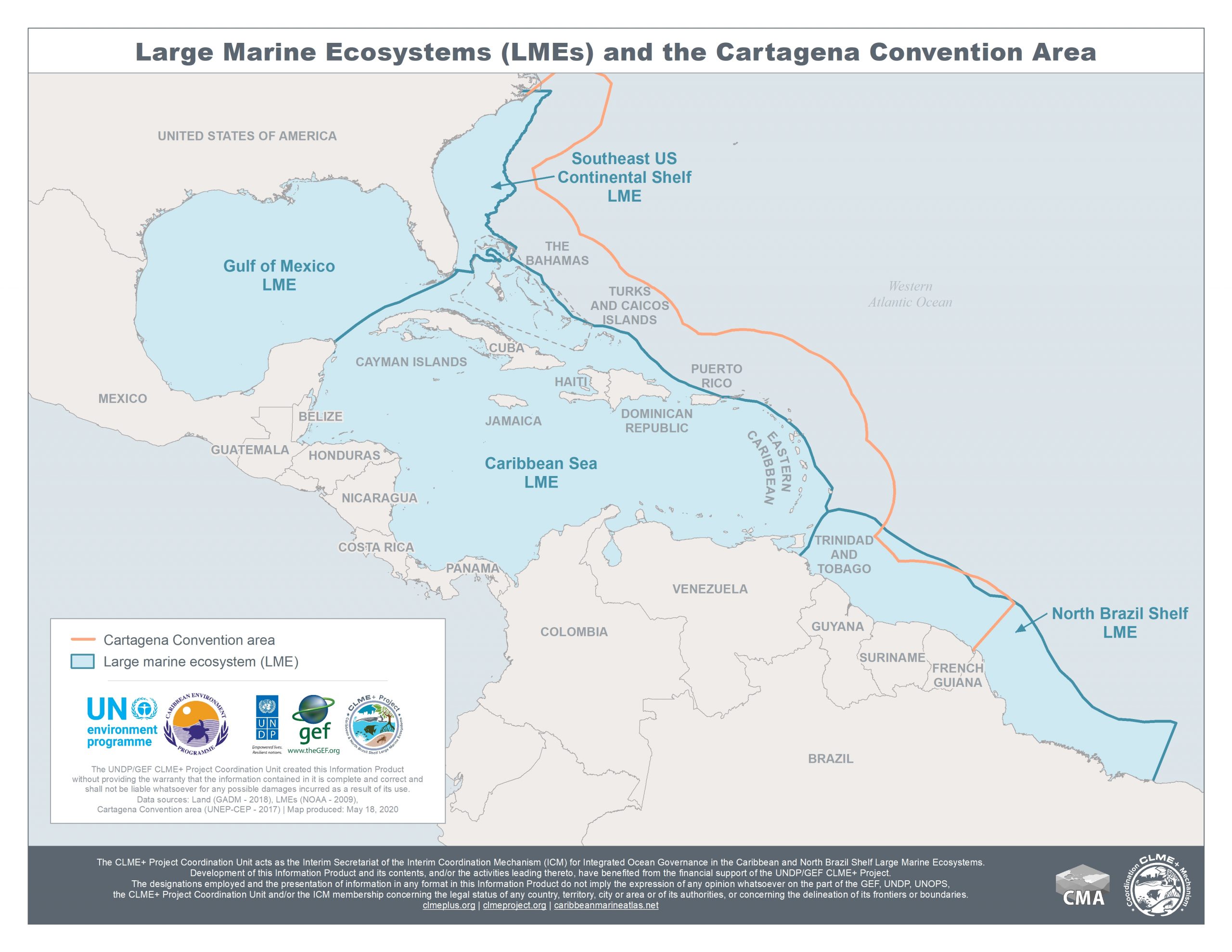
Large Marine Ecosystems (LMEs) and the Cartagena Convention Area
Author: CLME+ PCU
Year: 2020
Keywords: Large Marine Ecosystems (LMEs) and the Cartagena Convention Area
 4
4


 Report issue
Report issue
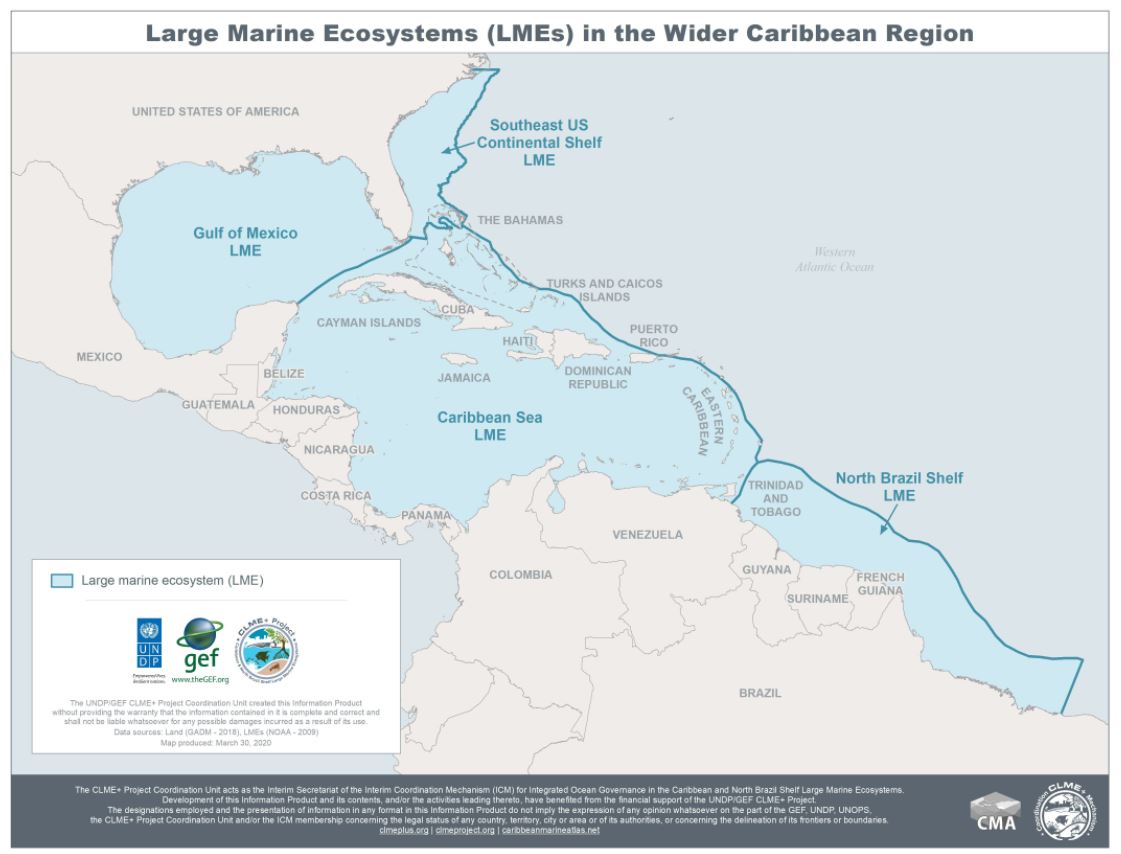
Large Marine Ecosystems (LMEs) in the Wider Caribbean Region
Author: CLME+PCU
Year: 2020
Keywords: Large Marine Ecosystems (LMEs) in the Wider Caribbean Region
 5
5


 Report issue
Report issue
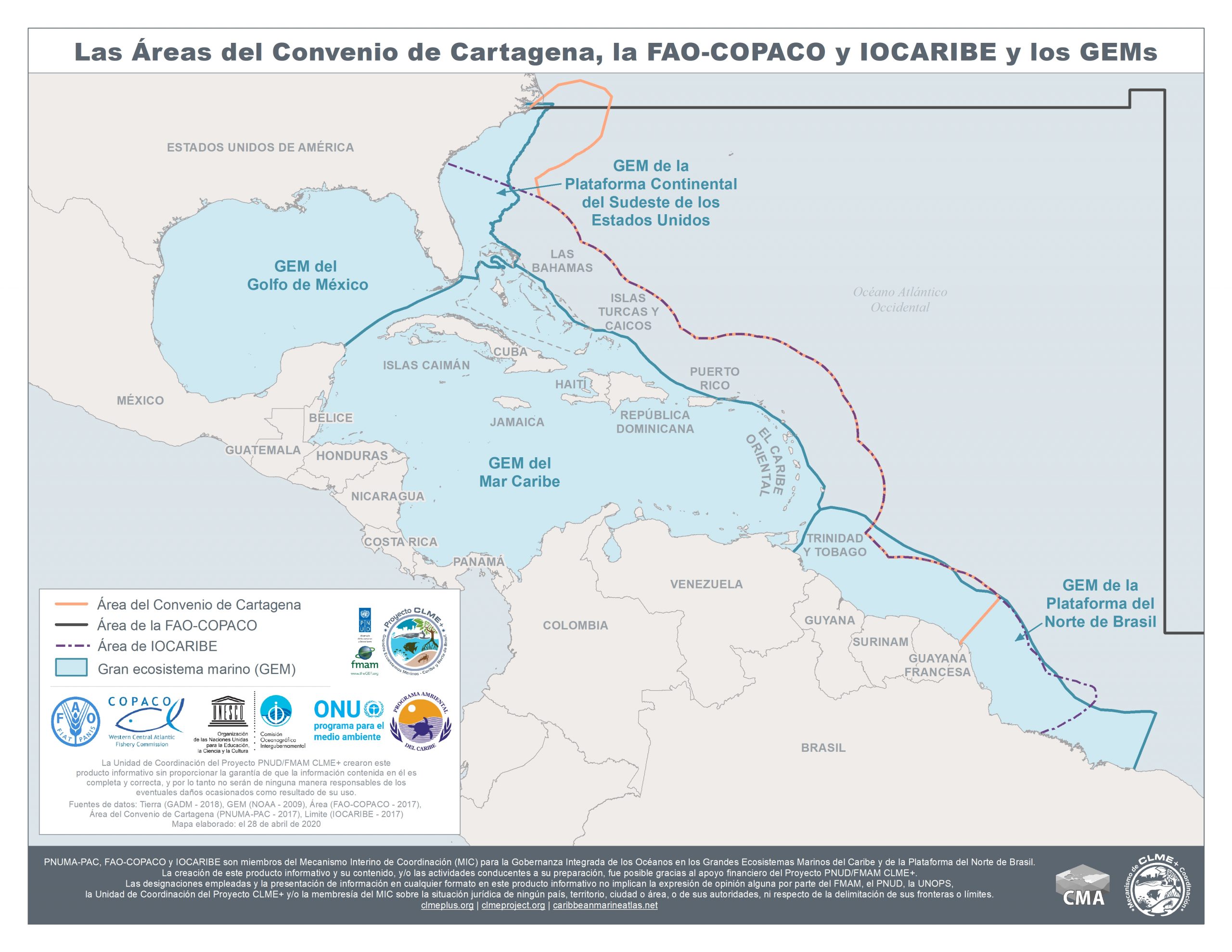
Las Áreas del Convenio de Cartagena, la FAO-COPACP y IOCARIBE y los GEMs
Author: CLME+ PCU
Year: 2020
Keywords: Las Áreas del Convenio de Cartagena, la FAO-COPACP y IOCARIBE y los GEMs
 3
3


 Report issue
Report issue
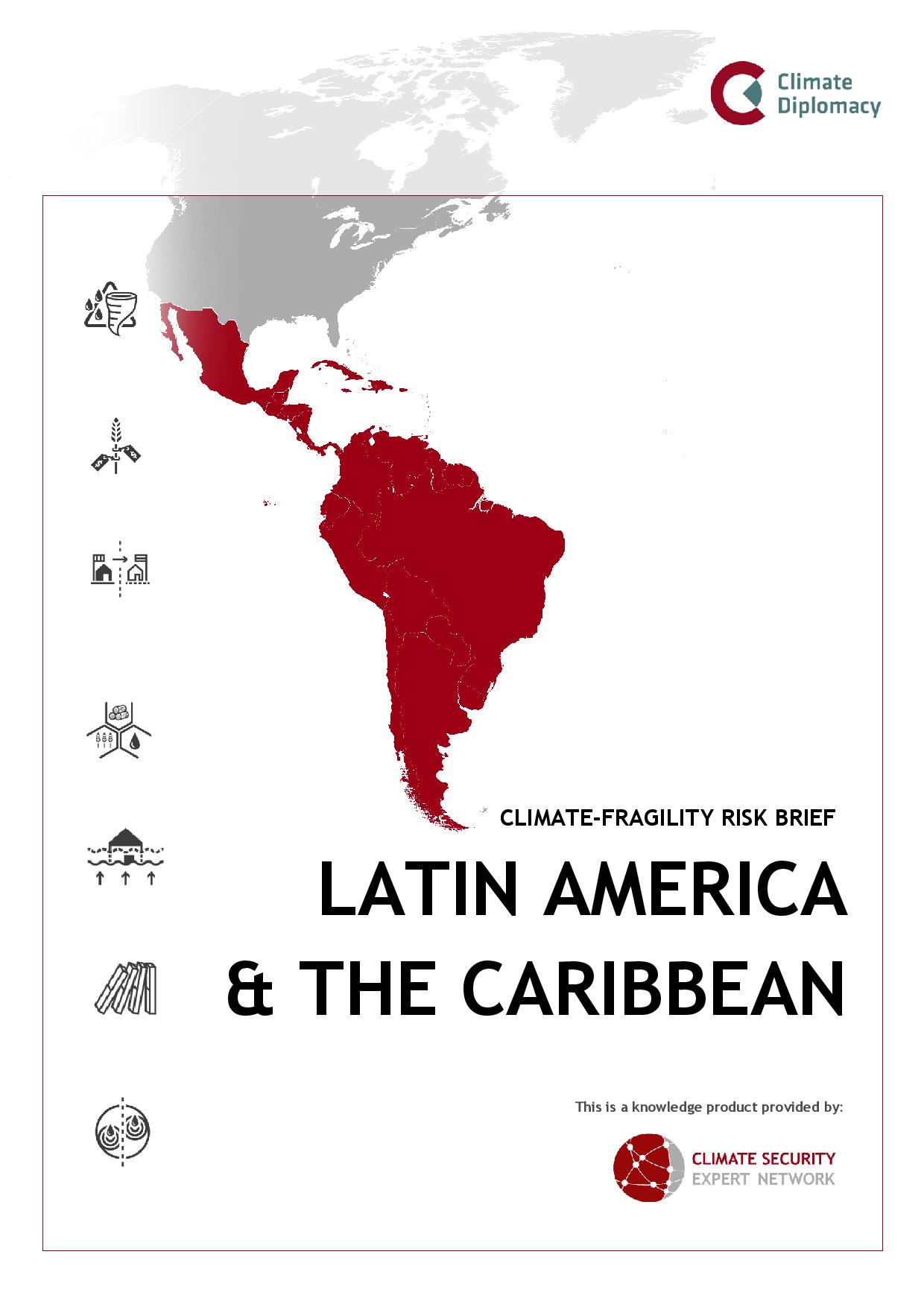
Latin America & The Caribbean – Climate Fragility Risk Brief
This brief identifies five major climate-fragility risks, i.e. five pathways by which climate impacts undermine security; damage to key infrastructure, especially energy infrastructure, higher tensions around mining and fossil fuel extraction; the encouragement of environmental crime; the destruction of livelihoods, which pushes people to migrate or commit crimes in crowded cities; and higher incidences of disease.
Author: Erthal, A., Rüttinger, L., Adelphi and Igarapé Institute
Year: 2020
Keywords: Climate-Fragility Risk Brief: Latin America and the Caribbean marine habitats
 3
3


 Report issue
Report issue










